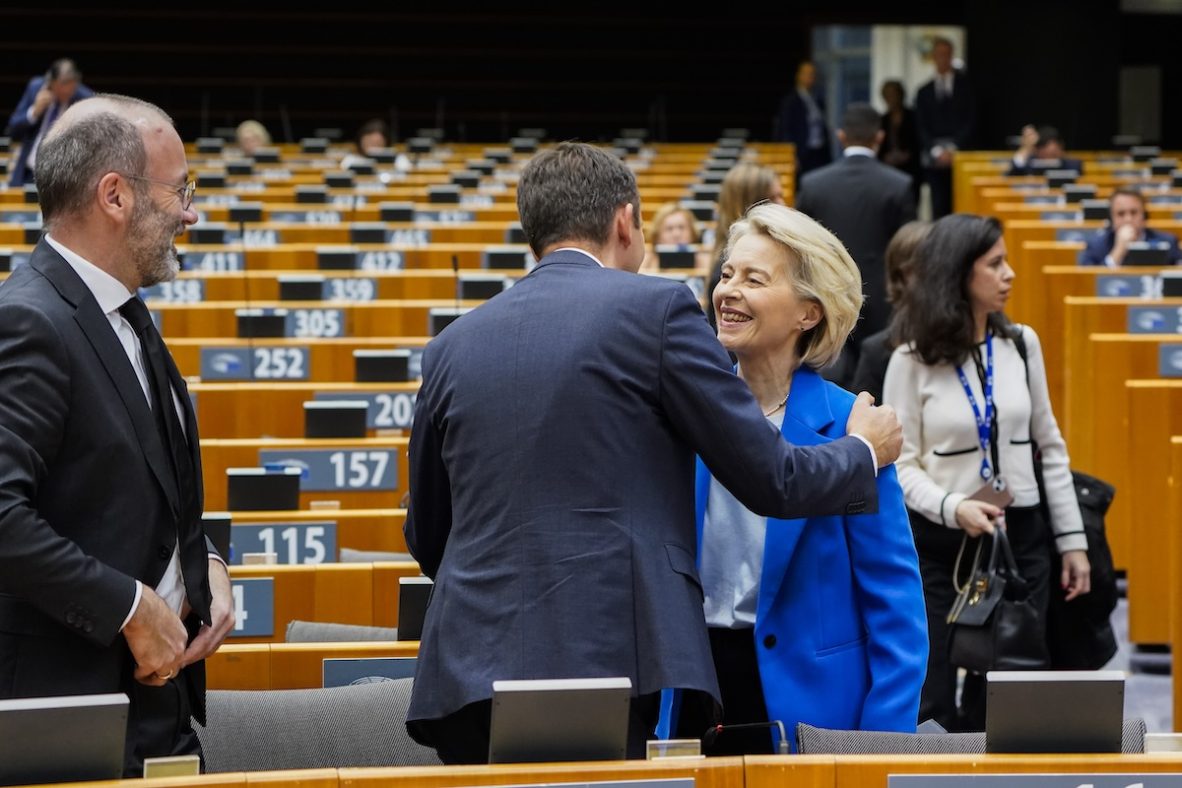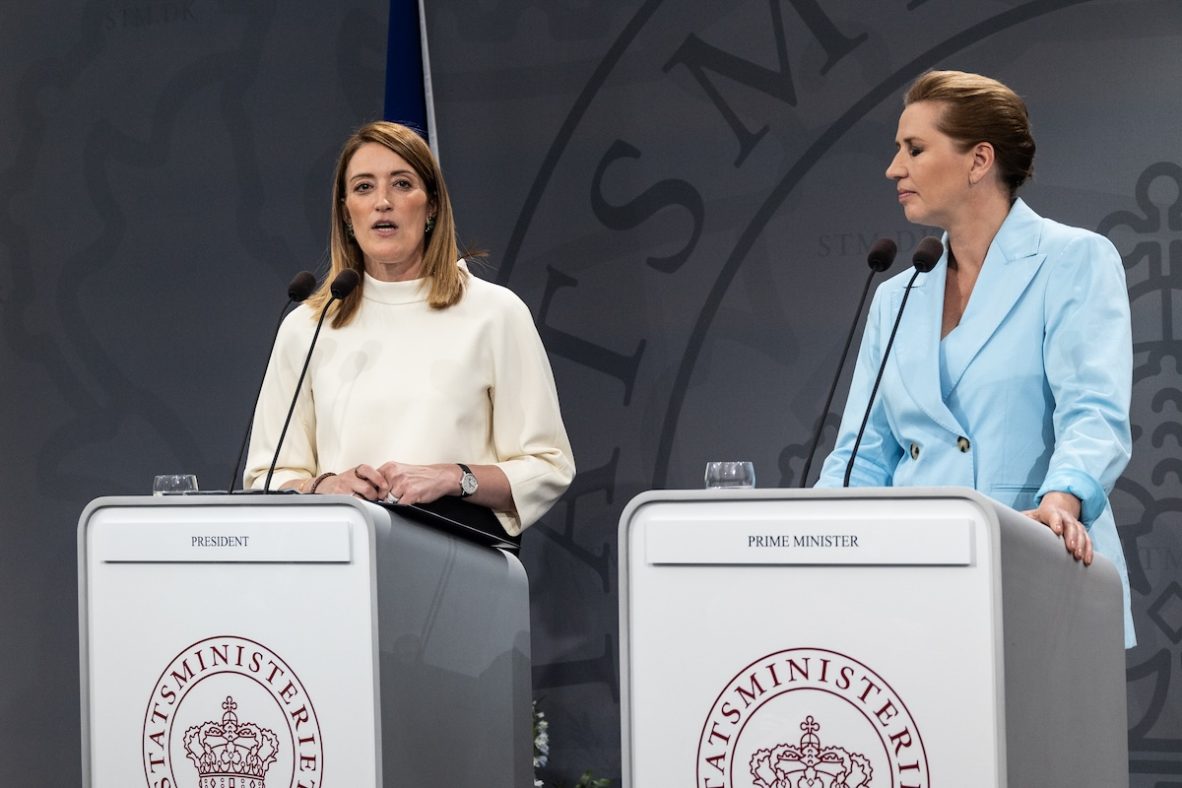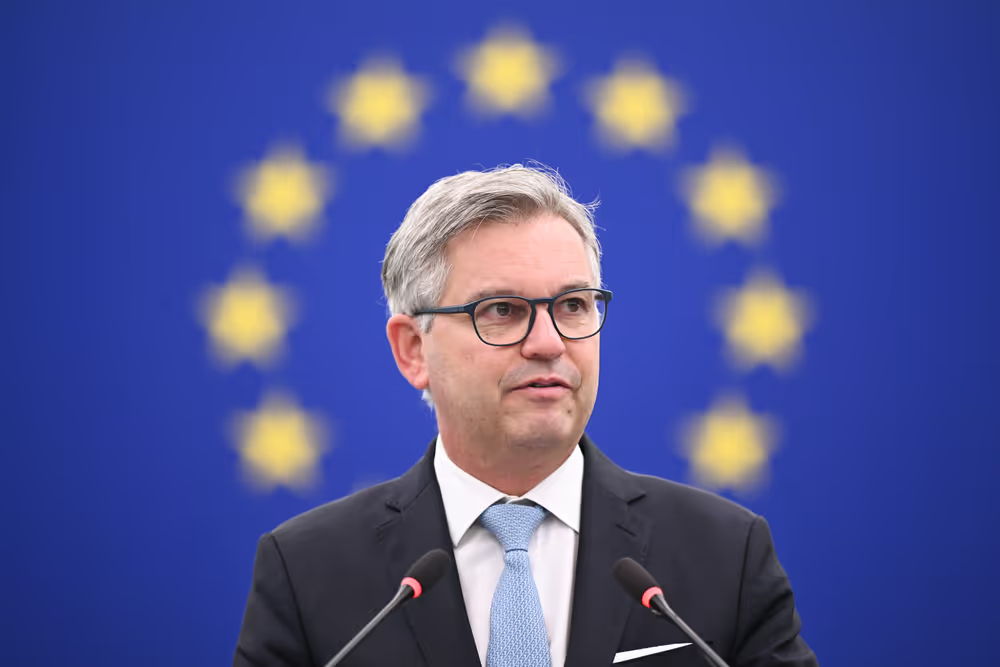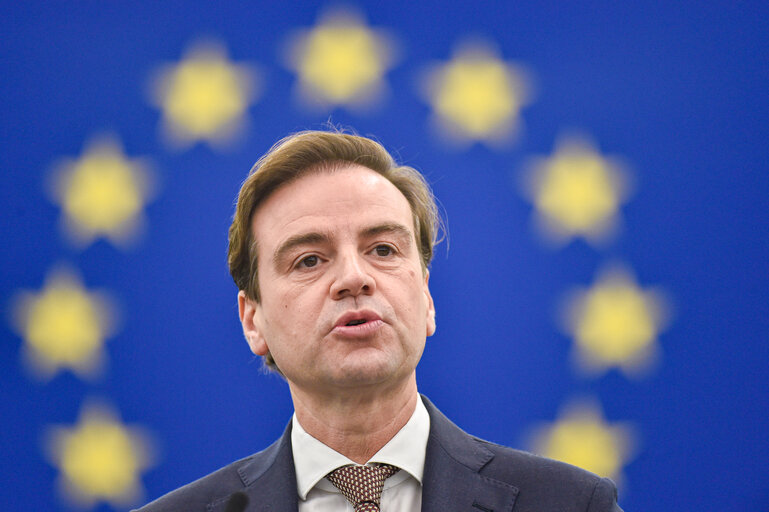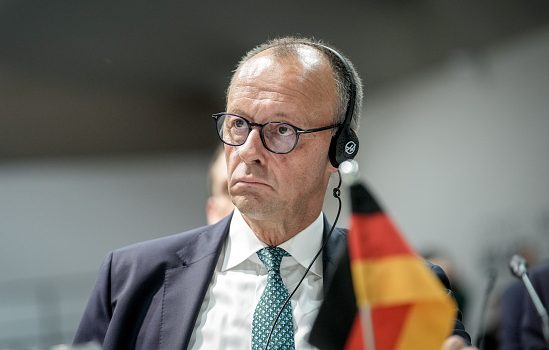EU countries push back against von der Leyen’s ambitious returns proposal
After months of wrangling, capitals seek more leeway to reject or replace another country’s return orders

EU governments are watering down the most ambitious element of the Commission’s flagship return regulation, opting for more national control and wider discretion.
A Danish presidency compromise, seen by Euractiv, and up for discussion at the Council working party on Thursday, moves away from the proposed plan for a “common EU system.” Instead, it sets out “common standards and procedures,” giving capitals more room to act on their own.
In March, the Commission proposed tightening the EU’s deportation machinery by creating a unified system and paving the way for “return hubs” in third countries. This was meant to replace the 2008 Return Directive, and to stand as a cornerstone of von der Leyen’s migration legacy.
The core idea of a “European return order” was that if one EU country ordered a migrant to leave, that decision would automatically apply everywhere else in the bloc. But according to several EU diplomats, the mutual recognition quickly became the thorniest issue for many member states.
The compromise now makes such mutual recognition weaker, handing capitals wide latitude to reject or replace another country’s order under broad exemptions, including public policy concerns or more “effective” removal routes. Rules on voluntary returns were also cut back, leaving governments with greater discretion.
One Commission ambition has, however, survived. The draft still allows return to countries where migrants may have little or no personal ties.
‘Return hubs’ possible under new EU rules
The Commission intends to pave the way for member states to pursue new approaches to…
3 minutes

Ministers are set to debate the return rules at the October Home Affairs Council and aim to hammer out a general approach by December, the last ministerial of the year, according to a draft agenda seen by Euractiv.
That end-of-year session will be a migration showdown, as ministers also try to clinch deals on two other major migration files: an EU-wide list of safe countries of origin, and fresh rules on safe third countries.
In Parliament, progress on the file has also been slow. Renew’s Dutch MEP, Malik Azmani, has yet to present the report, sparking grumbles according to several EU lawmakers inside the Civil Liberties, Justice, and Home Affairs committee, which is set to debate the file.
Meanwhile, civil society groups and left-leaning lawmakers have harshly criticised the new rules, arguing that the entire project is driven by the political imperative to boost deportation rates, at the expense of fundamental rights safeguards.
(mm)




